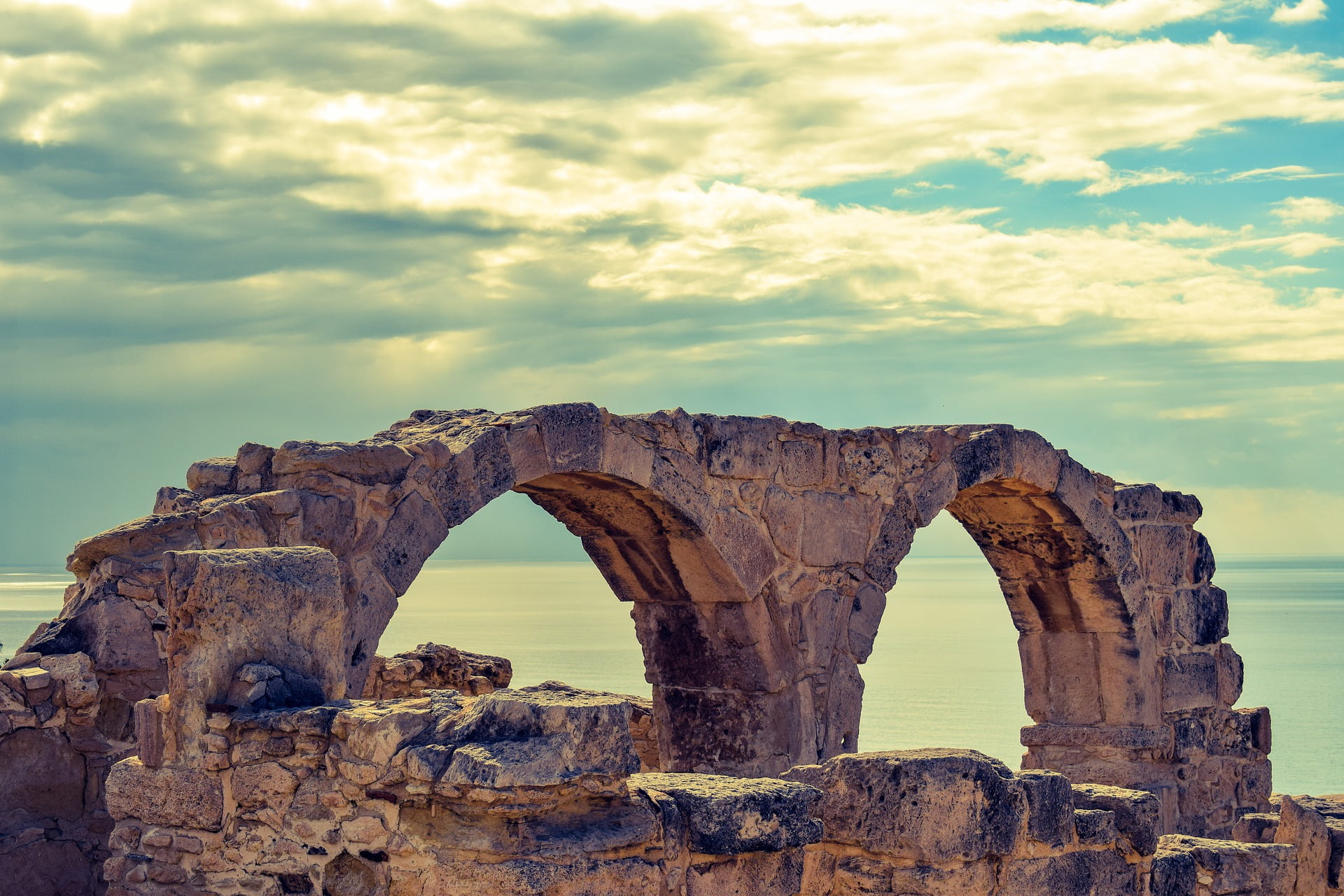Value in Each Religion
My stance on religion has been made clear to most of my readers. So, in light of the holiday season that just passed, I will now try to say something good that one can learn from all of the religions. This is not a hard task. The different faiths do have some good to offer. They are like bubblegum; you have to chew the flavor out and spit out the rest. If more people would do so, we may not get caught up in many of the antiquated superstitions we do. I will do my best to keep any snide and parenthetical comments out of the article. Now, I am choosing just one primary lesson from each faith, though there are of course many more to be garnered.
Here goes: Starting with Christianity, the lesson is very obvious: Forgiveness. The Lord of the universe taking the form of his creation to die and save his creation. It is a moving story. It is a very good lesson. If humanity could forgive in such a manner, the world could be a much better place. Instead of our normal half-hearted, hold-against-you-later apologies, we could rise above the pettiness and, out of love, simply forgive our neighbors.
Judaism shows humanity the gift of patience and endurance. This faith begins with a promise between God and Abraham roughly around 2,000 BCE. Since then, the Jewish people have been tossed to the winds and put through horrific catastrophes. Throughout all of these centuries, they’ve still held onto their faith, and they are still waiting for the Messiah that will bring about the political and spiritual redemption of the Jewish people. This endurance and patience would be two great lessons learned by humanity.
Islam shows us the benefits of discipline. The word Islam derives from a verb meaning acceptance, submission and surrender. The total surrender of oneself to God. Salah, or ritual prayer, must be performed five times a day. Sawm, fasting, requires Muslims not eat or drink from dawn to dusk during the month of Ramadan. The fast encourages a feeling of nearness to God. These simple requests show the benefit of discipline in our lives. True change has to come with action and not just thought. True change comes with effort. It’s the discipline of Muslims that can be a lesson to us all.
Non-violence is at the heart of Buddhist thinking. The first precept is to avoid killing or harming any living thing. A sermon of Buddha states: “Even if thieves carve you limb from limb with a double-handed saw, if you make your mind hostile you are not following my teaching.” Peace is the greatest lesson humanity can learn from this Eastern philosophy. Like all religions, this one has been involved in its own wars. Even so, peace is still the best ideal of Buddhism.
Hinduism is a very diverse religion. It is the oldest of the major religions still practiced. It is a mixture of different beliefs and traditions including monotheism, polytheism, pantheism, etc. It has many different schools of thought that all share the basic principles of Hinduism. Hinduism contains a vast body of scriptures. This diversity is the lesson Hinduism can teach. It is a reminder to humanity that we do not have to be the same to get along. We can have diverse thoughts. We can disagree and still call ourselves humanity.
Although atheism is the lack of a religion, I still think it has something good to teach humanity: accountability. Atheism has no god to save you, to cleanse your sins or punish you for them. We are all personally accountable for our actions. This is a vital lesson. Your consequences are a result of your actions. Nothing more and nothing less. Life is what you make it. Your decisions all hold consequences. You are the only person responsible.
And lastly, the Church of the Flying Spaghetti Monster teaches us humor. This religion was founded in 2005 as a satirical response to the teaching of intelligent design. “Pastafarianism” professes belief in a creator which resembles spaghetti and meatballs and comes with its own theory of creation. This satirical religion teaches humanity that we can laugh at all the unicorns, talking donkeys, world-wide floods and other fanciful tales we make up. We can laugh at ourselves and grow from it, maybe stop killing ourselves over the whole mess. We can chew the flavor out, and leave the rest behind.



